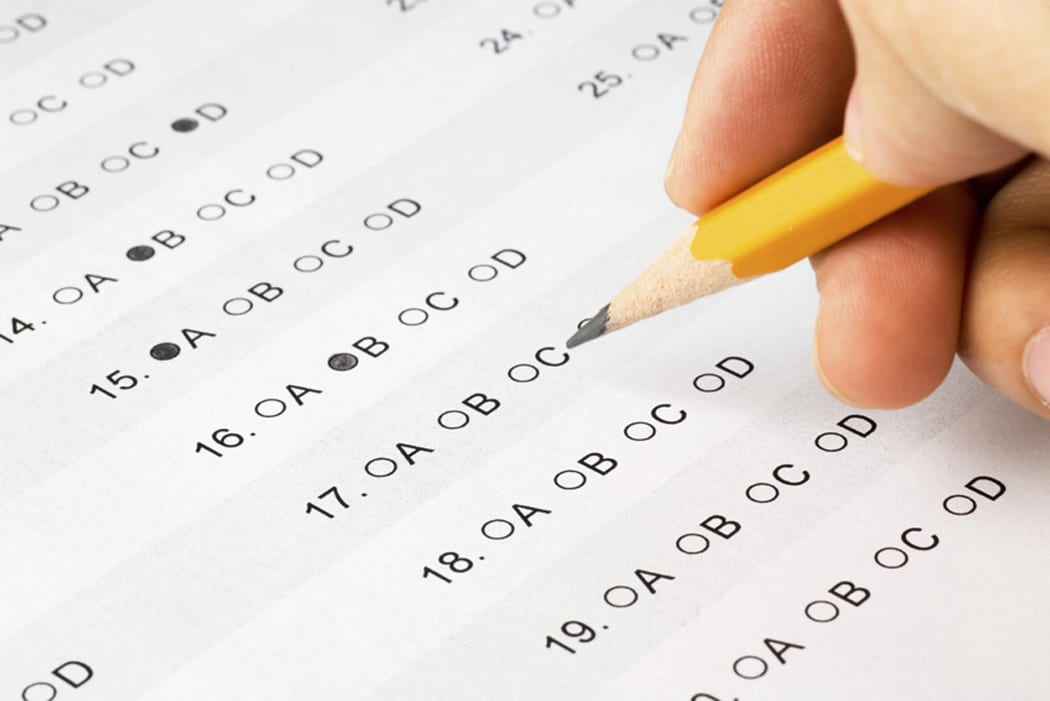As a writer and a contrarian, I’ve always been skeptical of personality tests. Despite the fact that the world is composed of unique individuals with completely different life experiences, personality tests neatly categorize us as introverted or extroverted, detail-oriented or interested in the big picture, etc. In reality, people are more complicated than that.
Furthermore, the assignment of a given personality type does not necessarily predict job performance. It may be telling that in 2012, 70 percent of companies relied on
Personality tests
Since many companies are run by extroverts, like goes toward like, and extroverts are often shown preferential treatment. In this way, depending on who is administering a personality test, they can do more harm than good. Personality tests may prove especially useful after an employee has already been hired. For example, a department manager may find it useful to have new hires take a personality assessment in order to gauge how best to communicate with a new employee—whether it be in writing or face-to-face.
Moreover, although personality tests can detect universal personality traits, they can’t accurately predict who will excel at their new position. Introverts may turn out to be equal to extroverts in their ability to excel in sales-based positions—they may prove themselves to be a very good listeners when interacting with clients, for example. Another potential problem stems from the fact that it’s impossible to know if candidates are giving answers that are simply untrue or inaccurate—perhaps because they suspect that the job position ideally requires a particular set of traits that they don’t happen to naturally possess.
Be strategic
One potentially effective use of personality tests involves deciding on a specific list of characteristics considered desirable for a particular position, and then designing a test with questions involving those particular traits. In that way, hiring managers can ask more strategic questions that are unique to the position in question—as opposed to wasting time asking questions that are largely irrelevant to the potential job duties. Constructing your own questions will also allow you to include information specific to the job description in order to gauge which candidates did the minimum amount of research, before interviewing for the position, rather than simply applying to as many jobs as possible.
In addition to considering a candidate’s unique personality traits and talents, HR managers should also hire to improve expectations for open positions—rather than simply replacing the last person who occupied the role in question. Moreover, companies should try to gauge whether candidates are a good fit, personally; for example, does the interviewee exhibit knowledge and interest in the company? Furthermore, rather than putting all the pressure on candidates to impress interviewers, hiring committees should also present an attractive company face and hiring package to people interviewing for a position in order to attract the strongest candidates.
Validated by studies
Keep in mind, however, that the best personality tests have been well-validated with studies. Surprisingly, one of the best-known versions—the Myers-Briggs Type Indicator (MBTI)—has not fared well in scientific studies. In fact, Katherine Cook Briggs and Isabel Briggs Myers weren’t even psychologists, and neither of them had any formal training in psychology. Instead, they based their categories on the personality theories of Carl Jung.
Rather than lean on MBTI-type assessments, Fast Company suggests utilizing tests that use the five factor model (FFM) made up of five different characteristics: openness to experience, conscientiousness, extraversion, agreeableness, and neuroticism. Be careful not to confuse personality with aptitude at particular tasks. Ideally, you would find some way to measure both types of traits separately, either in written or conversational format.
Human Assessments
At the end of the day, human assessments are more powerful than tests, so be sure to take any written results with a large grain of salt. It’s impossible to predict how well a candidate will perform a particular set of job duties until you can see them turn experience into expertise. Moreover, it’s important to recognize that some people simply aren’t good test takers: that doesn’t mean they won’t be good at their job duties.
Therefore, be sure to utilize written assessments as one part of a larger interview picture—one that ideally involves on-the-floor interaction and the impressions of more than one person. Don’t hesitate to gather employee input regarding questions to ask, skills to assess, or traits to emphasize. There’s a lot more to a person than what can be assessed in writing, and your current employees may spot gaps or errors in the questions.
Continued learning
The continued growth, improvement, and expansion of a company depend not only on wise hiring decisions but also on continued research, learning, and development of current employees. Most people enjoy learning and expanding, so experiment with ongoing classes that teach new skill sets or reinforce existing knowledge that’s crucial to the job duties in various departments. Remember, also, that each of us has biases toward certain kinds of personality types or character trait inclinations, so it wouldn’t hurt to take those biases into consideration after the assessment process is complete. After all, even human resource specialists are human!
What are some experiences you’ve had with personality tests for potential employees? Did the results defy expectations, or did they prove to be relatively accurate? Share your thoughts and experiences with written or computer-based assessments in the comments section below!
Image Source: Alberto G.


